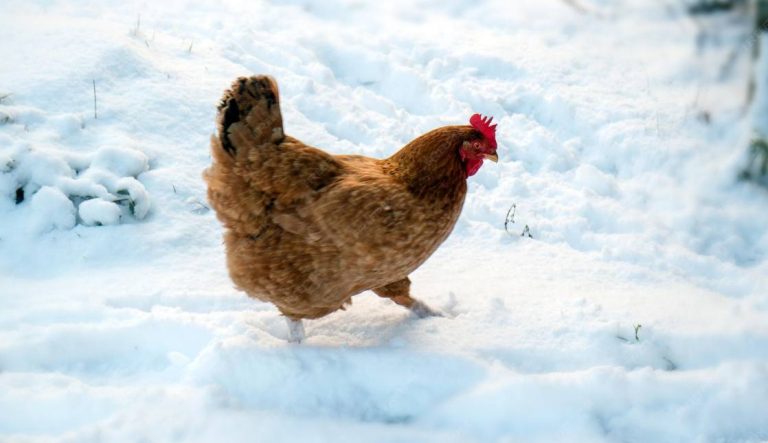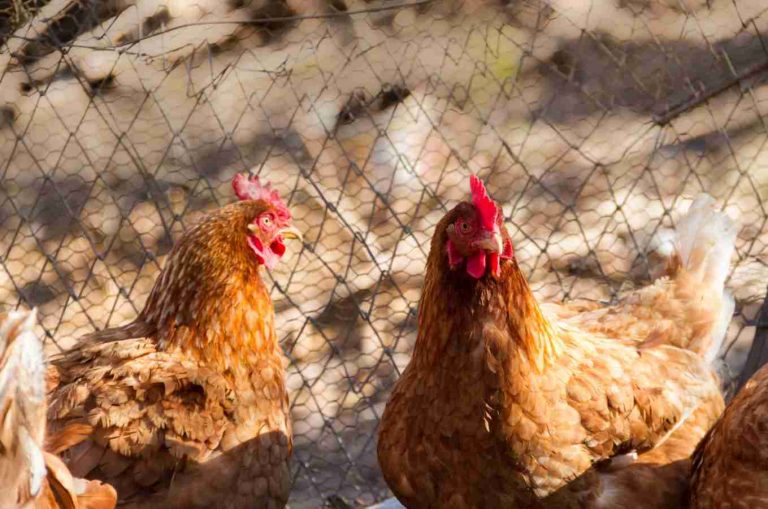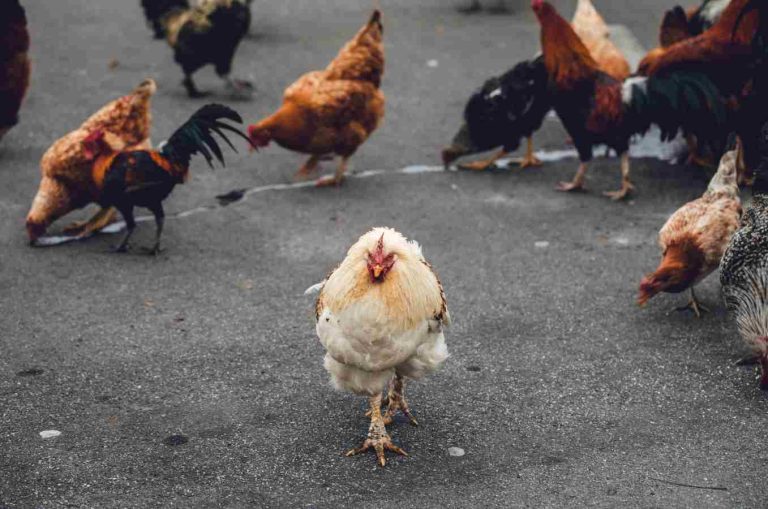Why Does a Hen Coop Matter for Chicken Health?
What’s a Coop for Hens and Why Do They Need It?
Chickens need their own space to stay safe, comfy and laying eggs like champs. A solid hen coop keeps predators, bad weather and germs at bay. It’s a spot for chickens (and their flock pals) to perch, lay eggs and hide from danger or storms. It also makes feeding, watering, egg collecting and cleaning up a whole lot easier.
How Does a Coop Help Stop Diseases?
A well-built coop cuts down on germs big time by keeping out outside nasties. Its sealed walls block wild birds, bugs and rodents. You can clean it easily with automated gear or high-pressure sprayers to zap pathogens. This kind of biosecurity is super important in today’s poultry farming.
How Does a Coop Keep the Environment Right for Chickens?
The vibe inside the coop matters for chicken health. Fans, heaters, or coolers keep the temperature just right. Good airflow clears out stuff like ammonia, CO2 and dust to avoid breathing issues. You can even toss in lights to mimic daylight, which gets hens in the mood to lay eggs.
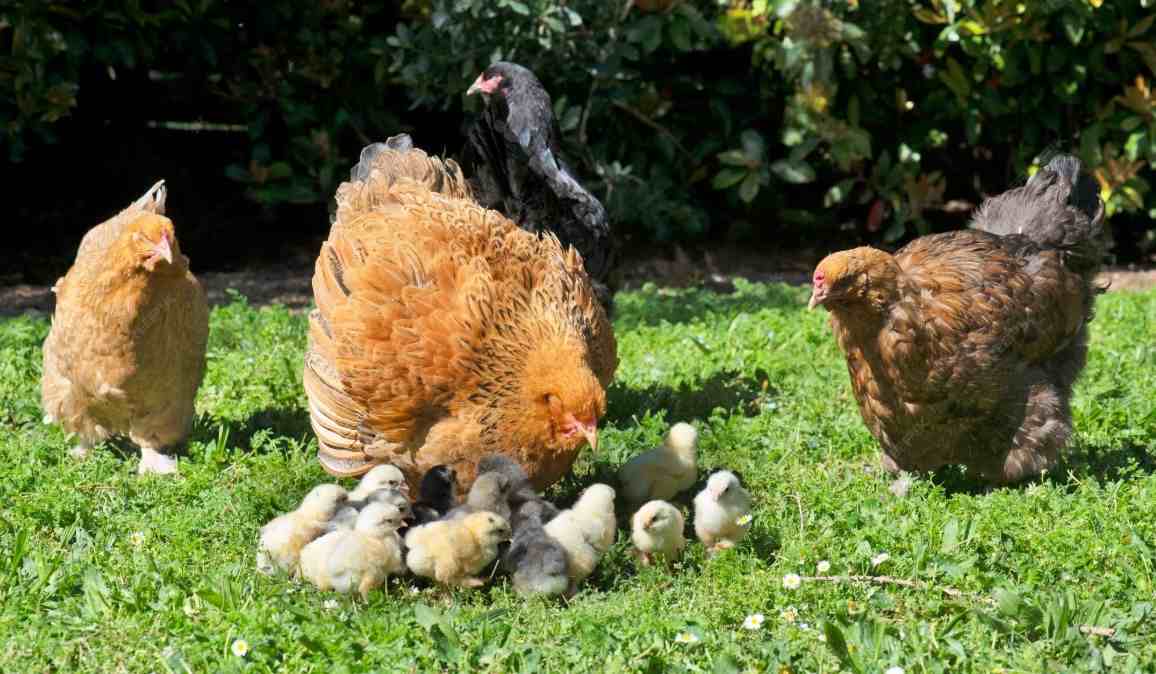
What’s a Hen House Called and What Does It Do?
What’s the Deal with Hen House, Chicken Coop and Poultry Shed?
These names get thrown around, but they’re not quite the same. A “hen house” is usually a small setup for backyard chickens. A “chicken coop” is a catch-all term for a safe spot with stuff like nesting boxes and perches. A “poultry shed” is more for big commercial farms with fancy automated systems.
How Does a Good Shelter Help with Eggs and Growth?
A nice coop boosts how much chickens produce. A chill, stress-free spot helps them use feed better, gain weight steadily (for broilers) and lay eggs more often (for hens). The laying hen cage gives chickens a comfy place to live. ZEUS cages have a waterer and feeder to keep them growing and laying eggs. Its cage design also lets eggs roll out gently to avoid cracking.
What Should a Solid Hen Coop Have?
A good hen coop needs a few must-haves:
Plenty of Space: Each chicken needs about 2–3 sq ft inside the coop.
Airflow: Good ventilation (but no chilly drafts) keeps things fresh.
Perches: Raised bars let chickens rest safely.
Nesting Spots: Cozy boxes with straw or shavings make great egg-laying nooks.
Feeders & Waterers: Easy-to-clean containers that fit your flock’s size.
Security: Locks on doors and windows, plus predator-proof walls.
Flooring: Wood or pine shavings smell nice and are a breeze to clean.
ZEUS: Smart Solutions for Chicken Housing
Who’s ZEUS and What Do They Bring to Poultry Farmers?
We’re ZEUS (Hebei Zeus Machinery Manufacturing Co., Ltd.) and we’re all about clever poultry breeding setups tailored to what our clients need. Since day one, ZEUS has focused on designing, building, selling, installing and servicing poultry gear. We offer automated systems for laying hens, broilers, ducks and cock coops, along with digital planning tools.
What’s Awesome About ZEUS Stacked Chicken Coops?
Our stacked coops are built with precision:
- Hot-dip galvanized parts hold up against rust.
- Automated ladder-style layer cages save work and boost output.
- Climate control with negative pressure fans and cooling curtains keeps conditions perfect.
- Egg collection systems use gentle tech to cut down on broken eggs.
- IoT features let you check the environment in real time.
Why Pick ZEUS Coops for Your Farm?
Our coops are tough and built to perform:
The laying hen cage has a closed design to lower germ risks and ramp up production. We’ve got solutions for tiny farms or huge ones with over 25,000 birds using our H-Type stacked cages.
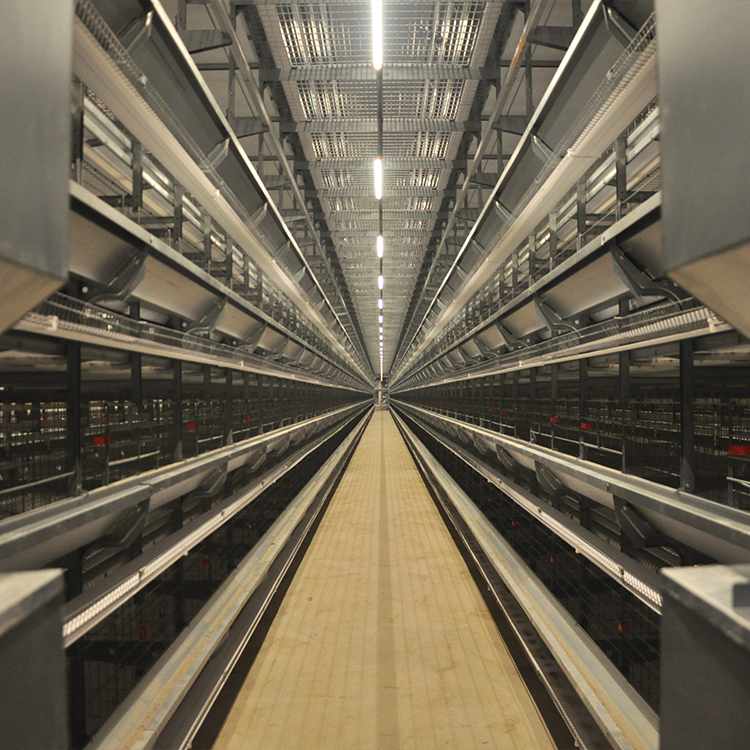
Things to Think About When Picking or Building a Hen Coop
Space per Chicken
Space is key to keep chickens happy. Ensure at least 450 cm² of space per chicken. Cramming them in leads to fights and health problems from bad air.
Why Does Lighting Matter in a Coop?
Lighting messes with chickens’ daily rhythms, which affect eating and egg-laying. In enclosed coops, timers and LED lights copy natural daylight to hit production goals. Good light schedules can bump up egg rates and keep stress low.
How Can You Use Space Without Skimping on Health?
Vertical stacking, like our ladder-style cages, fits more birds in less space while keeping airflow and access solid. These cages make the most of your space and still ensure good ventilation.
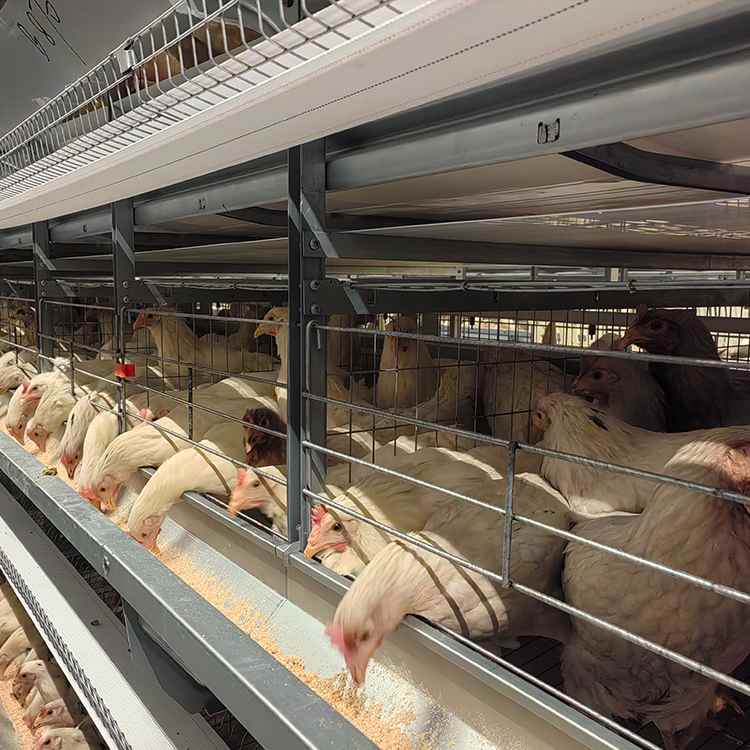
FAQ
Q: How many hens should go in one chicken coop?
A: Aim for 3–5 hens per section, with each getting at least 450 cm² of floor space in enclosed setups.
Q: Do chickens need locking up at night?
A: Yup. Locking them in keeps out nighttime critters like foxes or raccoons.
Q: Can stacked chicken coops work for small farms?
A: For sure. Our customizable A-Type stacked coops are great for smaller farms wanting to make the most of their space.


